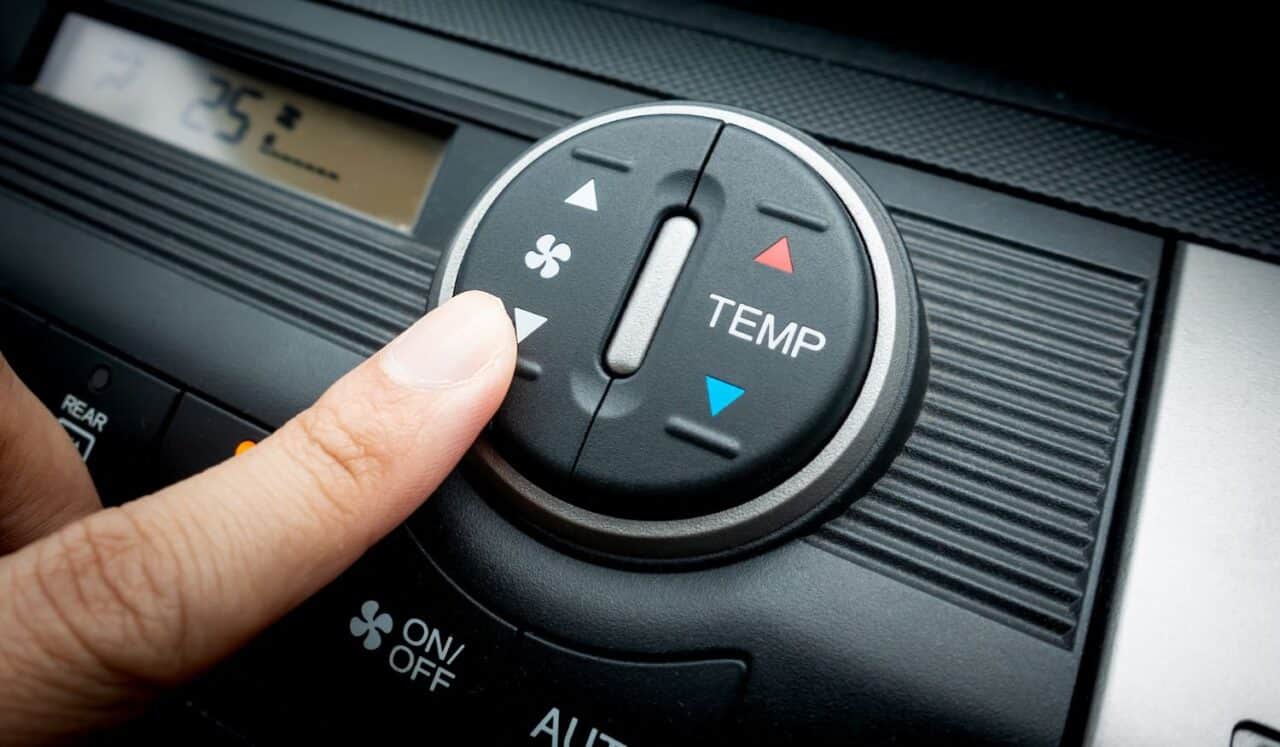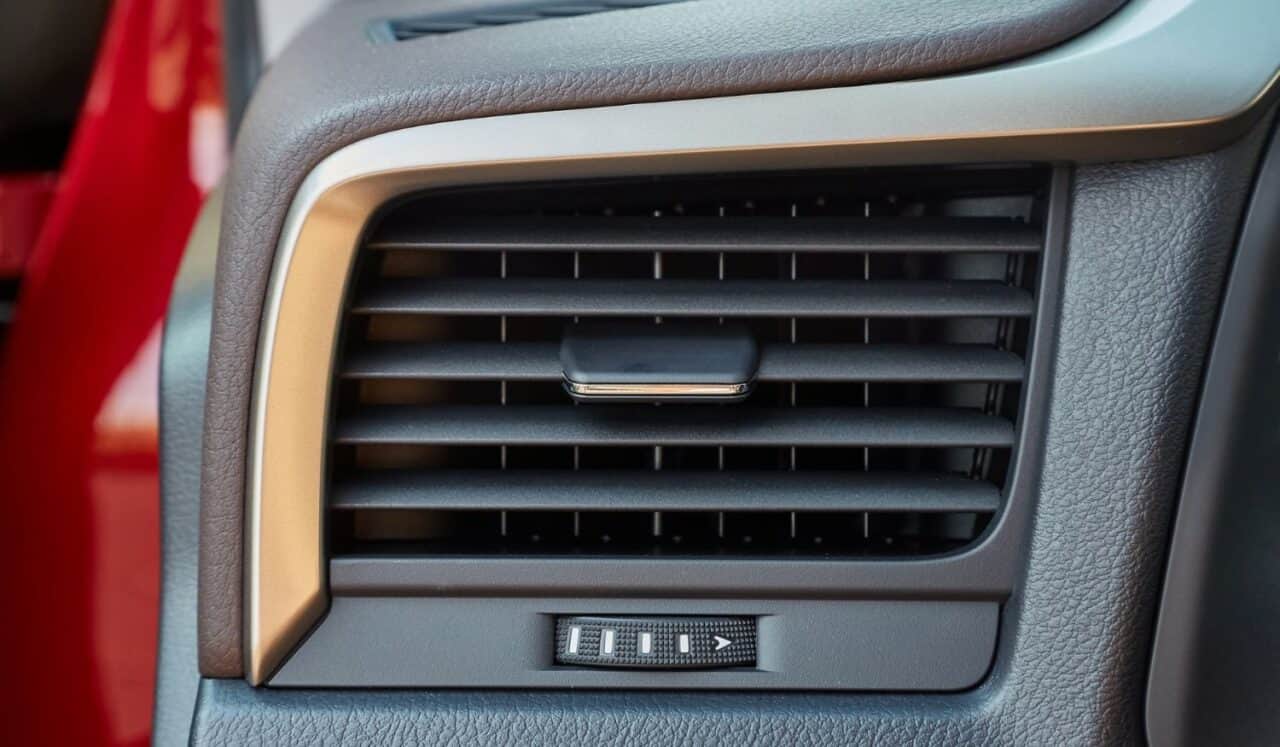Is Your AC Not Working? Could a Bad Car Battery be to Blame?
The battery is an essential part of a car’s electrical system, acting as the lifeblood of the car’s electronics. The air conditioning system is one of the key components of a car, and it relies heavily on the battery and its ability to function. So, can a bad car battery cause issues with the AC?
A bad car battery is one of many possible causes of AC issues. The battery powers the AC components, and if it is not providing enough power, it can cause the AC to stop working. Therefore, it is important to ensure that your battery is in good condition to ensure reliable AC performance.
A broken air conditioner can be a big headache, especially during the hot summer months. If your air conditioner isn’t working as expected, it can be a sign of a bigger problem, like a bad car battery. Let’s get into the details and look at how to identify a bad battery, then cap things off by looking at other causes of AC issues apart from a bad battery.
Can a Faulty Car Battery Cause AC Problems?

Yes, a faulty car battery can cause AC problems. A bad battery adversely affects your AC’s performance since it can’t provide the voltage or current the AC requires to start up. This can negatively impact the AC system’s performance and longevity and cause it to malfunction in various ways.
How to Tell If Your Car Battery Has Gone Bad
There’s several telltale signs of damage to a car battery. Check for the following if you suspect that your battery has gone bad:
Discoloration
Examine the battery and its terminals for rust, discoloration, or corrosion. This could indicate that the battery has been exposed to moisture or other elements and is no longer working properly.
Swelling
Inspect the battery for swelling or bulging on its case. Swelling is a sign that the battery is bad and is usually caused by overcharging or other damage. Swelling can also be caused by excess buildup of gas inside the battery, which can make it unstable and potentially dangerous.
Broken or Damaged Components
Look for any broken or damaged components on the battery. This includes cracks or breaks in the case, loose connections, or exposed wiring. All these are signs that the battery may be bad and you need to replace it.
When to Replace Your Car Battery
While car batteries can last up to five years or more when properly cared for, they get worn out and inefficient within three years of regular use under normal conditions. Like your smartphone’s battery, a car’s battery gradually deteriorates each time the engine charges it. Thus, it’s usually time to bring in the replacement after three years.
After around four or five years, car batteries become almost unreliable. Old batteries are potential hazards and present several reliability issues. It’s important to check if your car’s battery is approaching the end of its lifespan so you can replace it before it becomes too unsafe or unreliable.
Other Causes of AC Issues
AC problems aren’t always caused by a faulty car battery.
Other causes of AC issues include:
Leaking Refrigerant
Your AC is as reliant on refrigerant as the engine is reliant on oil. It can be difficult to pinpoint a refrigerant leak’s location because it can occur anywhere in the air conditioning system. However, the most frequent spots where these leaks occur are at the connections between the hoses of the AC unit.
If you notice an oily substance accumulating around the hose connections, which are the most likely source of the leak, you can use a sealant specially designed for AC units to stop the leak. You can find sealant in most auto parts stores and on Amazon.
Blocked Condenser
The condenser of your car’s AC unit re-cools the hot refrigerant after it has been compressed. To do this, it relies on the air coming through the front of your car as you drive.
Suppose debris from the road is blocking the condenser. In that case, it won’t be able to cool the refrigerant effectively, and the AC will continue using the overheated refrigerant causing it to blow hot air.
In most vehicles, the condenser is usually at the front part of the car, so it should be easy to check if something is blocking it and remove it to resolve the issue.
Broken Condenser
If you’ve confirmed that there’s no obstruction in the condenser, it may be broken. This could be due to a malfunction or a puncture from a foreign object passing through your car’s grill and damaging the part.
If you notice any punctures in the condenser while inspecting it, your best bet is to replace it.
Electrical Issues
Identifying electrical issues with a faulty AC unit can be tricky. A good place to start is by visually inspecting all the wiring for any breakage or fraying. If you find any damaged wires, you should fix them with electrical tape or replace them.
If there are no electrical issues, it may be a good idea to take your car into the shop for further diagnosis by a professional.
Defective Cooling Fans

When the fans are faulty, your condenser may not receive proper cooling. Eventually, your car will start emitting hot air. To determine if this is the case, you should examine the fan for cracks or other damage. These can be caused by debris on the road, and in such cases, you’ll have to replace the fan.
Another issue with the cooling fan could be a blown fuse which requires the experience of a professional to repair, or you can do it yourself if you have experience in electrical work.
Bad AC Compressor
Without the compressor, the air conditioning system won’t be able to function properly. The compressor is responsible for circulating the refrigerant through the system, allowing the air to cool.
The most common reason a compressor goes bad is long periods of inactivity. Not using the compressor for extended periods can cause it to malfunction, as it may not be able to handle the sudden demand when the system is turned on after a long time.
The best way to prevent this is to run the AC system at maximum capacity for at least 15 minutes once every three weeks, regardless of the temperature outside. This will help maintain the compressor and prolong its overall lifespan.
